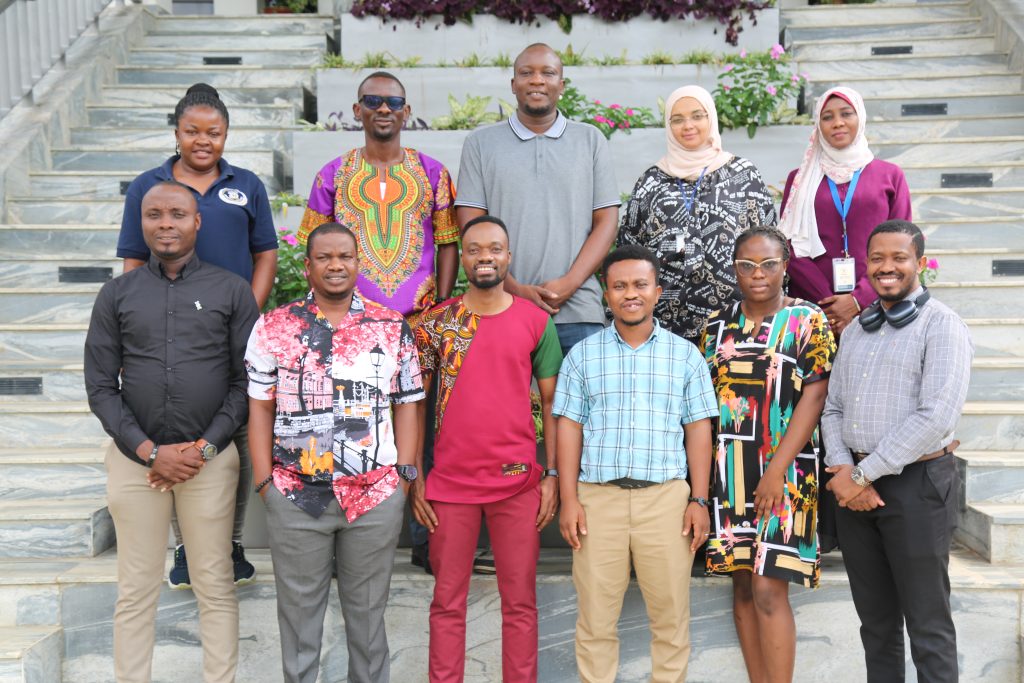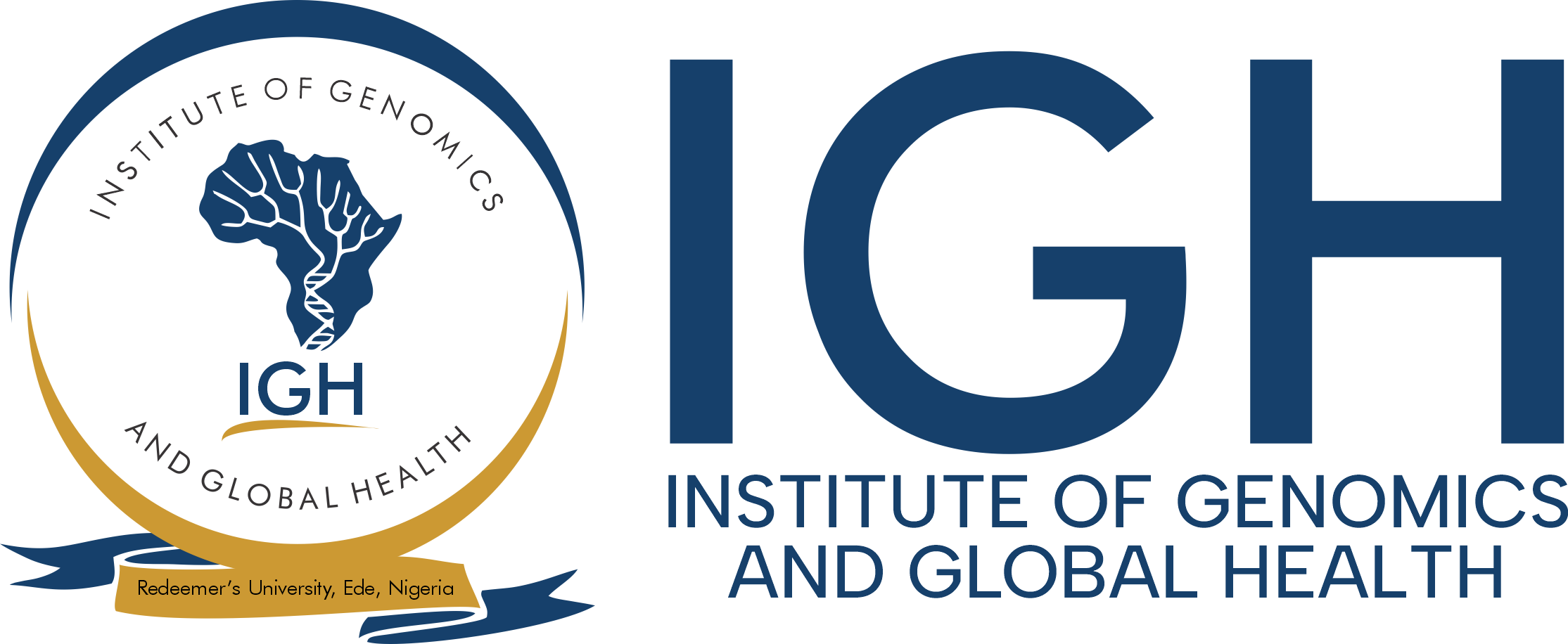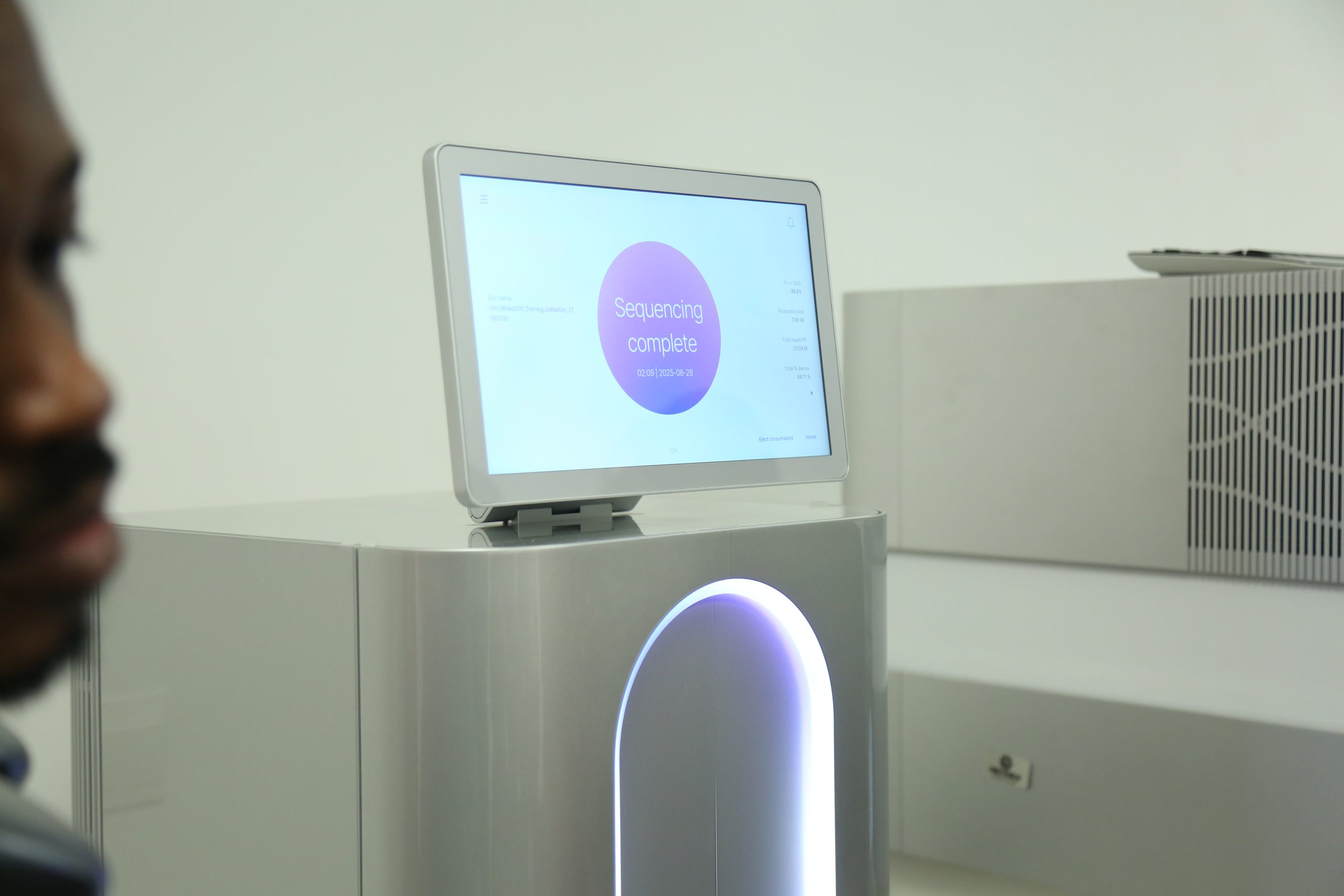When ISN Medical, in collaboration with Illumina, donated the MiSeq i100 Plus to the Institute of Genomics and Global Health (IGH), it was more than the delivery of a machine. It represented a strategic boost to our sequencing capacity. But a powerful tool is only as valuable as the people who use it, which is why the installation came with something equally important — hands-on training for IGH scientists.
Features of the MiSeq i100 Plus
Earlier Illumina sequencers such as the iSeq100, MiniSeq, and MiSeq paved the way for major discoveries but came with significant limitations. Reagents required dry ice shipping and freezer storage, workflows were slowed by lengthy wash steps, runs stretched over several days, and power interruptions meant losing an entire experiment.
The MiSeq i100 plus changes that reality. Its design removes many of these barriers, offering room-temperature–stable reagents, a streamlined “load and run” workflow, and faster chemistry that reduces sequencing time from days to just eight hours. It has flexible flow-cell options and an integrated DRAGEN analysis that delivers rapid results without the need for high-performance computing infrastructure. Moreso, the equipment is built to withstand power interruptions by indexing reads early and preserving data even if a run is disrupted.
As Mr. Harry Kwame Adi, Field Application Specialist (Life Sciences), ISN Medical, explained:
“It’s like a baby NovaSeq — using the same advanced chemistry, but tailored for viruses, bacteria, and the infectious disease research that matters most in Africa.”
Focus of the Training
The two-day training, held on Wednesday and Thursday at IGH’s Ede campus, was attended by fellows, scientists, and graduate students at IGH. Guided by Mr. Harry Kwame Adi from ISN Medical, participants explored both the theory and practice of the MiSeq i100 workflow. They were trained on cartridge-based run setup, cloud-based monitoring, instrument maintenance, and troubleshooting. By the end, participants had successfully completed their first sequencing runs, gaining technical skills and the confidence to apply them in real-world scenarios.
For Ruth Obaado, Research Associate at IGH, the experience was eye-opening:
“What stood out for me was the compact design and fast run time. During the training, our assay took just eight hours, and we could analyse the data almost immediately. We were guided not only on sequencing but also on system maintenance, troubleshooting, and even applications beyond genomics research. It felt very practical and relevant to our work.”
Dr. Olusola Ogunsanya, Laboratory Research Coordinator at IGH, highlighted the value of the training:
“The training took the form of sample validation and also provided clear understanding of the MiSeq i100 workflow that would further enhance efficiency and accuracy of my NGS laboratory applications.”
Mr. Harry Kwame Adi also noted the enthusiasm of the IGH team:
“It was a very nice training. I enjoyed my stay here. We had excellent people, lots of questions, and I’m glad the team was happy with both the training and the results from the run.”
Importance for Outbreak Response
For IGH and for Africa, the implications are profound. The MiSeq i100 plus will enable outbreak response at unprecedented speed, with results available within hours rather than days. It expands surveillance capacity for viruses and bacteria, allowing pathogens to be tracked more effectively. Most importantly, the training ensures that local scientists are fully equipped to lead this work, strengthening Africa’s genomic research capacity from within.
As Mr Kwame emphasized:
“If there’s an outbreak tomorrow, you can sequence today and get results today.”
More Than a Machine
This milestone is not just about adopting new technology. It is about empowering African scientists with the tools they need to address the continent’s most urgent public health challenges. For IGH, the MiSeq i100 is more than a sequencer — it is a catalyst for faster science, stronger research, and a healthier future.
The Institute extends its sincere appreciation to ISN Medical and Illumina for this timely and impactful gift, which will strengthen IGH’s ability to serve as a hub for cutting-edge genomics research and public health in Africa.



